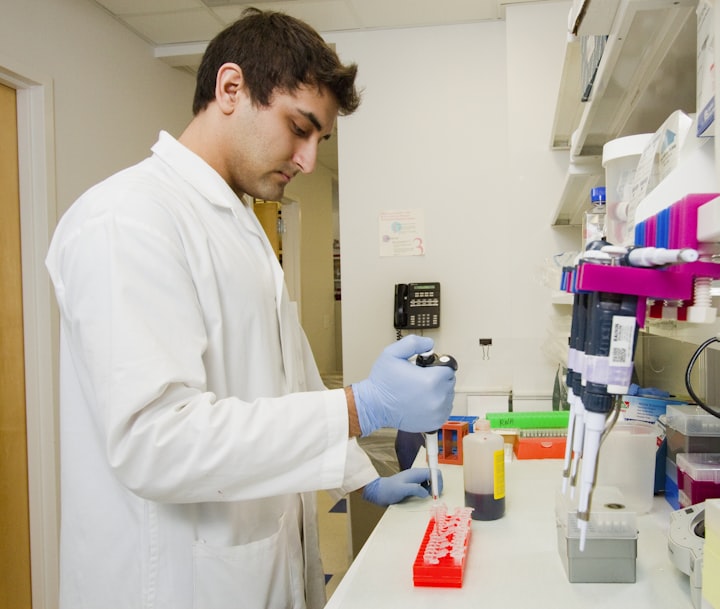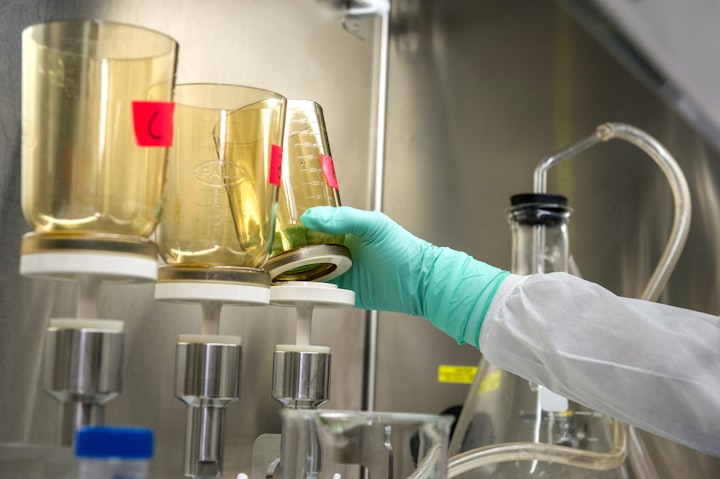Various Testing of Aggregates Performed by Chemical Analysis Laboratories
National Lab

The aggregate plays a vital role in deciding the strength of construction. It can impact the structure’s load transfer capability. Thus, you must take soil investigation services before beginning the construction. It is because not all aggregates are durable and strong. They must have some specific shape or size to offer proper support to the structure. When you contact chemical testing laboratories in UAE, they will check the aggregate for toughness, strength shape, hardness, and water absorption qualities. To ensure sustainability for use in the pavement, the following tests are conducted.
Crushing test
One of the instances where pavement materials can fail is when it crushes under compressive stress. Thus, a test is conducted to determine the aggregates crushing strength. The values provided the resistance’s relative measure to crushing under load.
During the test, an aggregate’s specimen is subjected to the standard model for compression. While the load conditions are kept standard When the identified value is less than 10, it denotes a strong aggregate, while the value over 35 is considered weak.
Abrasion test
This test is performed to test the aggregate’s hardness property and decide if it is suitable for constructing different pavement. The Los Angeles abrasion test is the highly preferred option. It helps identify the percentage of wear that occurred due to relative rubbing actions between the steel balls and the aggregate used as an abrasive charge. When the construction material testing laboratory finds the maximum value of 40%, the aggregate is allowed for construction. While for bituminous concrete, the maximum value is specified to be 35%.
Impact test
The impact test is performed to identify the aggregate’s resistance to impact. The aggregates used for wearing courses must not have a value of more than 30%. While for bituminous macadam, the maximum prescribed value is 35%. Similarly, for water-bound macadam, the value must be 40%.
Soundness test
The soundness test is conducted to check the aggregate’s resistance to weathering actions by conducting different test cycles. The porous aggregates, when subjected to freezing, will disintegrate prematurity. Thus, to find durability, they are subjected to a serrated soundness test.
As per the guidelines, the aggregate weight loss must not be more than 12 % when tested with sodium sulfate. While for magnesium sulfate solution, it must not exceed 18%.
Shape test
When you contact the soil testing laboratory in Sharjah for a shape test, they will determine the percentage of elongated and flaky particles in the aggregates. The elongated particles can offer higher workability and stability. The flakiness index of the particle must be less than 0.6 times their mean size. While the elongation index must have a dimension of 1.8 times their mean dimension.
Specific gravity and water absorption test
These tests are vital to design concrete and bituminous mixes. System aggregate might have the presence of water permeable voids. Thus, two tests namely bulk specific gravity and apparent specific gravity are used to specify gravity. The construction testing laboratories in UAE perform the test with great precision to identify the values by weighing the aggregate dry and saturated surface dry conditions wherein all the permeable voids are filled with water.
The normal gravity preferable for road construction ranges between 2.5 to 2.9. At the same time, the water absorption value for road surfacing must be between 0.1 to 2.0 percent.
Bitumen adhesion test
They can be used to construct normal types of road aggregates when they are dry and dust-free. For cases there is no water, one will not face the Adhesion problem of bitumen construction. There can be a problem when the aggregate is cold and wet. However, it can be dealt by getting rid of aggregate’s moisture presence from the and changing the mixing temperature. The chemical testing laboratories in UAE conducts tests to determine the addition of bitumen binder water. To identify the results static immersion test is performed. It is specified that the maximum stripping value of the aggregate must not be more than 5%.
Conclusion
Aggregate test cases before beginning the construction can be greatly helpful. It will help ensure the structure stay strong and durable. There are numerous chemical testing laboratories in UAE you can contact for soil investigation services. They will perform the required testing to identify the drawbacks or the advantage of using a specific aggregate for the construction. However, if you want to get fair-priced and fast results, then you must contact National Lab. They are the best building material testing lab that can offer you testing of a wide variety of aggregates. The professionals at the center are highly skilled and experienced for the job. They will perform the test with precision to guarantee the results are 100% accurate. So if you wish to get soil investigation services in UAE, contact them for the best assistance.





Comments
There are no comments for this story
Be the first to respond and start the conversation.